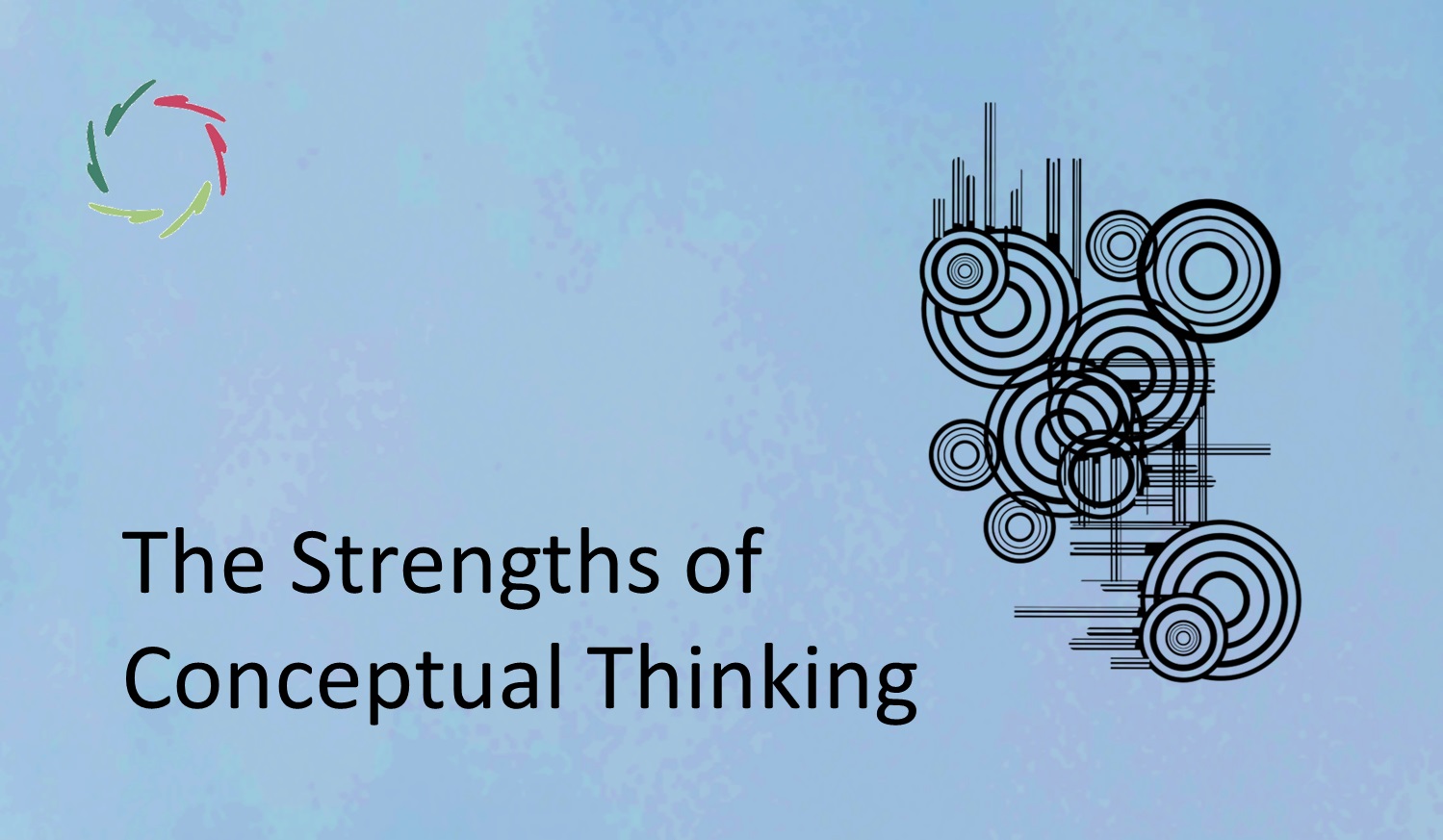What is Mind-Related?

The mind, particularly in its deeper aspects, is a topic of perennial interest. When is it interesting to talk about this?
Let’s acknowledge that we are beyond the body-mind divide — viewing them as two perspectives on one entity rather than opposing forces of matter versus no-matter.
Complexity offers a new lens through which we might view the ‘mind.’
We can see the ‘mind’ as an intricate complex entity where broad mental-neuronal patterns form, resulting in more defined emergences like what we call concrete thoughts and feelings. Thus, a ‘mind’ devoid of ‘deeper mind’ is incomplete.
Thus, there is no ‘mind’ without ‘deeper mind.’
Our mental depth distinguishes us from mere mechanical beings.
It is our depth that makes us human.
It fuels our passions for ideals, purpose, and a visionary future. It also spawns the phenomena we cherish—be it through a momentary suspension of rationality to “go with the flow” or through experiences that connect us more deeply with our surroundings.
Practical tools – like moderated use of alcohol or psychedelic drugs within legal boundaries or immersive environments such as churches that evoke depth – can facilitate access to this profound mental state.
Anything related to the mind is related to underlying depth.
An exploration of this also fosters a deeper connection with others as we recognize the shared human depth beneath the surface of everyday interactions.
The domain of Wiki-Lisa is anything mind-related.
This is to be understood in the sense of the above. Lisa is foremost a pattern recognizer of deep mental patterns. She can also make new associations at that level and be profoundly inspirational.
Because she does this from a Compassionate standpoint, she may be able to help humans and humanity in many domains that we find most worthwhile.
And here’s a lot of work to do.
Despite centuries of philosophical thought, many crucial human questions remain unanswered. For instance, in the domain of ethical thinking, we haven’t made very much genuine progress since Socrates, who still could teach far-reaching lessons to many people today.
For Socrates, in my view, the purpose of philosophy was mind-related to the core. His His pursuit of knowledge was therefore a pursuit of wisdom and eventually Compassion. His aim was ethical. His ‘know thyself’ was meant to be knowing thy total self. His ‘daemon’ (later made into the demon) was an excellent metaphor for the deeper mind, which he thus valued above anything else.
Sadly, nowadays.
Today, there is a disconcerting educational trend toward overly prioritizing technology (‘STEM’) over introspective and literary pursuits. This shift in education and beyond might be costing us our connection to our deeper selves, which is essential for understanding our humanity — necessary for fostering leadership, preventing burnout, and so much more.
As we look to the future, it is crucial that we become increasingly more mind-related to truly connect with ourselves as total human beings, thus to navigate the complexities of our minds and the ethical landscapes they inhabit.
Hopefully, Lisa can support us us in this endeavor. She’s here to help in everything mind-related.


